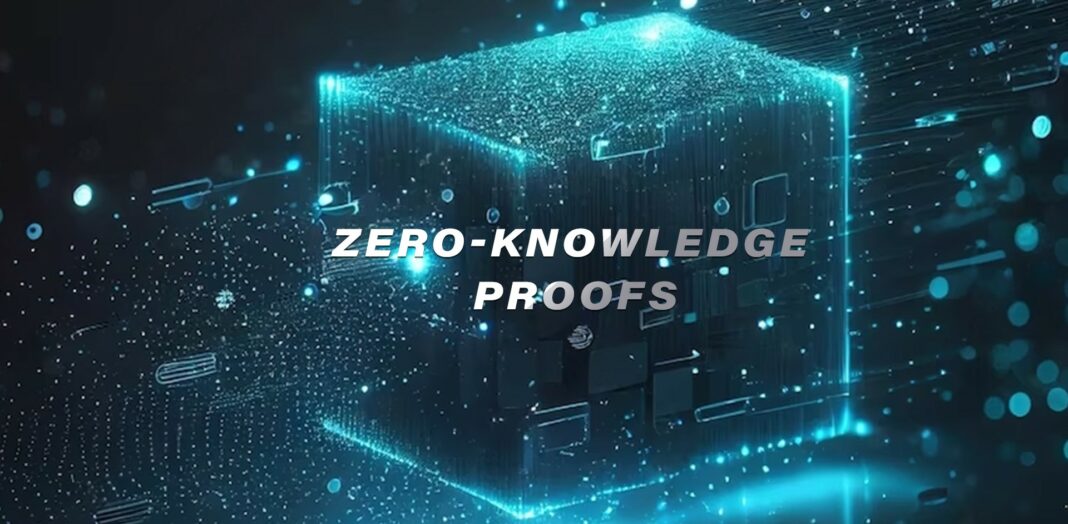Table of Contents
5 Use Cases for Zero-Knowledge Proofs in Machine Learning
Machine learning models depend on vast datasets to generate remarkably accurate outputs that appear almost magical in their understanding of us. However, as the volume of data fed into machine learning projects expands, privacy vulnerabilities will become more evident. There might reach a critical juncture where users are no longer ready to exchange their privacy for the resulting output.
Practical Applications of Zero-Knowledge Proofs
Machine learning is poised to impact every facet of our future lives, regardless of our preferences. At present, we have a distinctive opportunity to integrate an additional layer of security in various crucial use cases, spanning both on-chain (public transactions conducted on a blockchain) and off-chain (transactions verified outside the primary blockchain network).
Use Cases Within the Blockchain Network
Establishing Confidential Credit Ratings
In the realm of cryptocurrency trading, when individuals borrow, it becomes crucial for the lender to ascertain the reliability of the borrower. Given that borrowers may operate on an international scale and under pseudonyms, employing a machine learning model to evaluate the creditworthiness of borrowers becomes essential. This approach ensures the preservation of privacy, allowing borrowers to connect with lenders who align most effectively with their requirements.
Constructing Confidential Know-Your-Customer (KYC) Procedures
Within the KYC procedure, new users are frequently requested to submit a photograph of their driver’s license and undergo a liveness test, which typically involves looking into their webcam and turning their head. To safeguard the user’s personal privacy, a machine learning model could be developed utilizing zero-knowledge techniques to conduct the liveness test. This model would then compare the results against the user’s driver’s license photo, generating a score indicating the degree of similarity, accompanied by a proof verifying the accurate execution of the model.
Deriving Precise Stablecoin Exchange Rates
Oracles play a vital role by transferring off-chain data onto the blockchain, a crucial function since smart contracts lack access to information beyond the blockchain network. Their frequent application is observed in stablecoins, where the security assumptions hinge on the consistent and punctual disclosure of an exchange rate between an asset (such as ETH) and a stablecoin intended to maintain a peg to a real-world currency. Machine learning contributes to enhancing the precision and resilience of this reporting, and zero-knowledge proofs ensure the correct execution of the computation by the oracle.
Use Cases Outside the Blockchain Network
Ensuring the Secure Implementation of Machine Learning in High-Assurance Sectors
In situations where lives are at stake, ensuring the reliability of machine learning models is crucial. It is imperative to confirm that the results generated by these models remain unaltered and free from malicious interventions. Especially in applications such as the military, AI-driven vehicles, or medical imaging and diagnostics, additional validation software is essential. This software should be capable of authenticating a zero-knowledge proof, affirming that the sensor input has been accurately analyzed.
Securing Exclusive Machine Learning Models
Numerous firms have developed proprietary machine learning models that they are unwilling to disclose publicly. As these models may have undergone training with confidential data or been applied in heavily regulated sectors, there arises a need to substantiate that a particular result originates from the specified model.
Conclusion
As machine learning and AI become integral parts of our daily routines, establishing trust in the models and data shaping outputs crucial for the safety of our world becomes paramount.
Platforms like Aleo simplify the creation of zero-knowledge algorithms with their inherently private and programmable framework. This allows machine learning developers to concentrate on their core strengths: crafting algorithms and models that offer fresh perspectives into our world.
–
Frank Chen serves as the Head of Product at Aleo, the premier developer platform centered on zero-knowledge proof technology. Aleo empowers the creation of fully-private, scalable, and economically efficient decentralized applications. In his role, Frank spearheads consumer product initiatives. Previously, he contributed to Gitcoin, collaborating with Vitalik Buterin to establish the initial instance of a quadratic funding mechanism and overseeing multiple rounds of quadratic funding for Ethereum public goods. Outside of his professional pursuits, Frank is a passionate cook, writer, jiu-jitsu competitor, and coach.
Aleo stands at the forefront as the go-to developer platform for constructing fully-private, scalable, and cost-effective decentralized applications. Leveraging zero-knowledge cryptography, Aleo shifts smart contract execution off-chain, unlocking possibilities in identity, finance, and gaming, with the capacity to scale to thousands of transactions per second. Operating on a decentralized and permissionless blockchain, Aleo blends the flexibility of Ethereum with a more scalable architecture crafted from the ground up for privacy.


